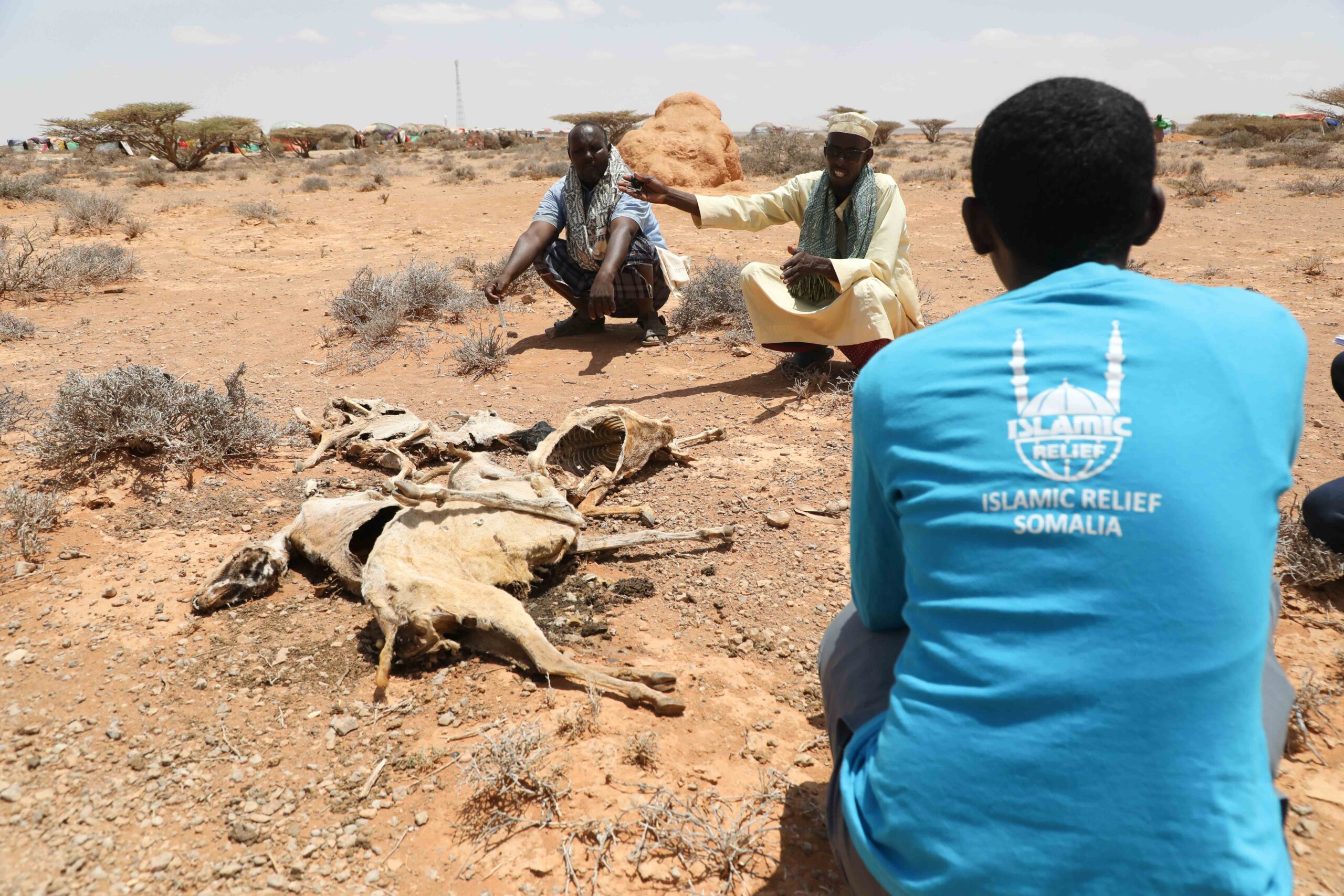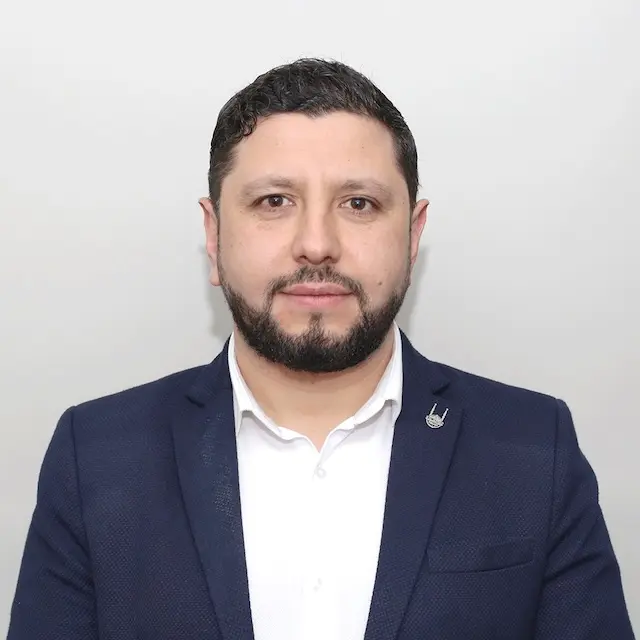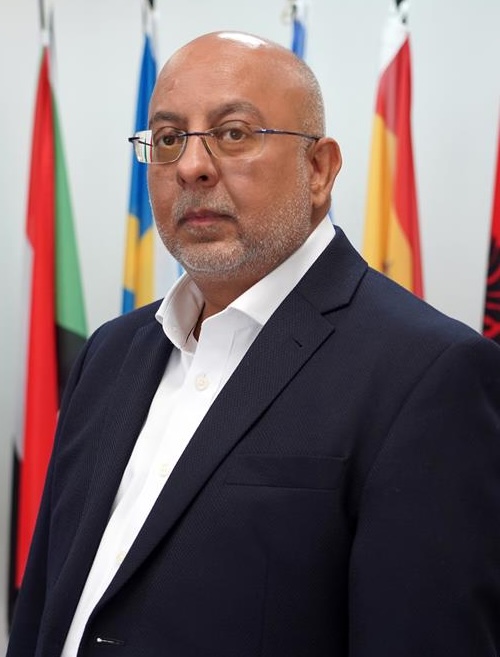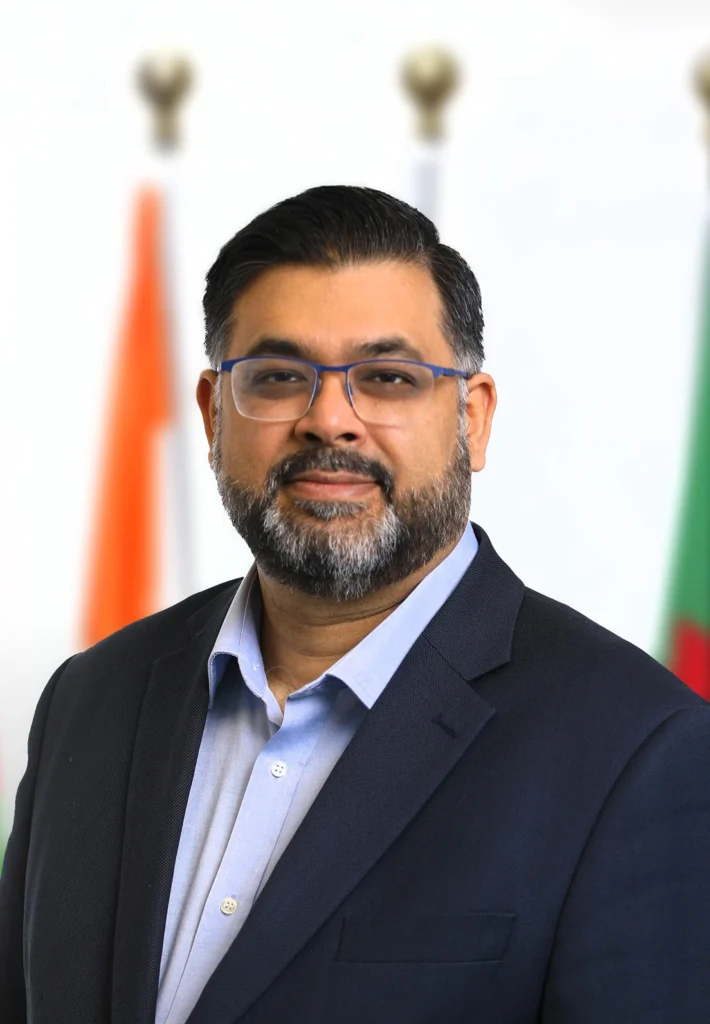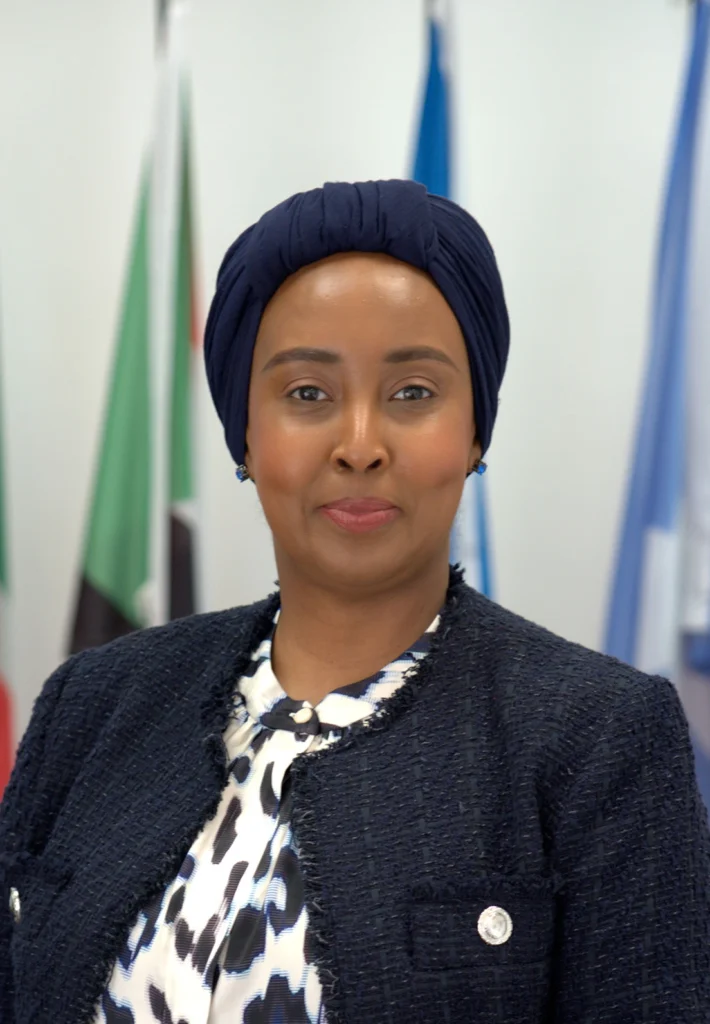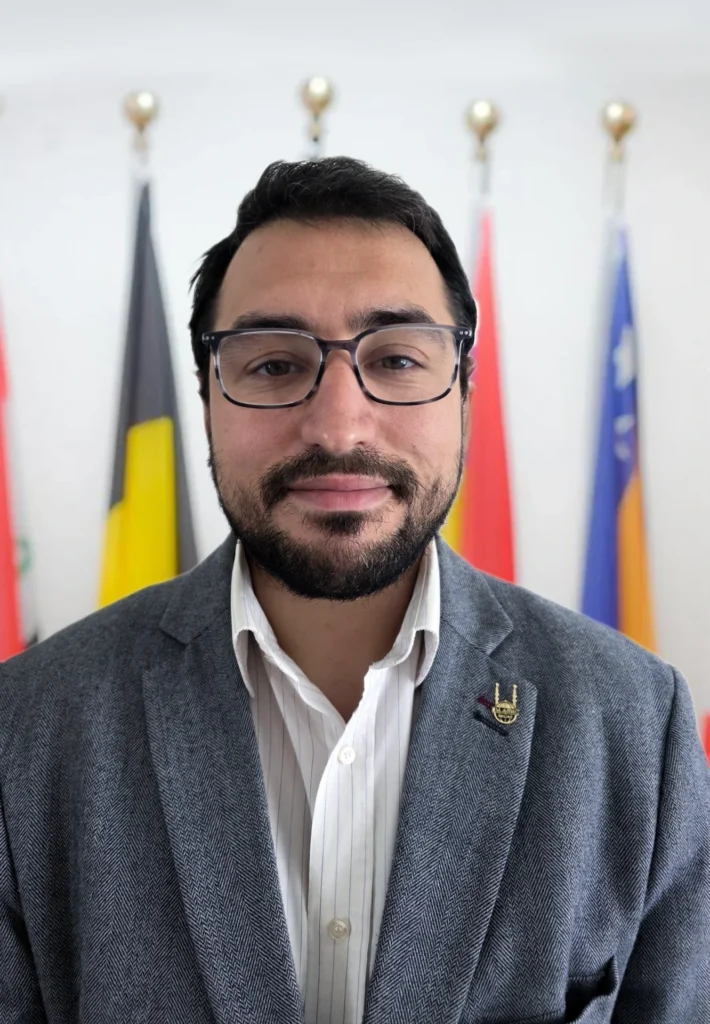Aid to tackle hunger must come earlier if it is to be effective, Islamic Relief says as it launches new research from Somalia on World Hunger Day.
80% of Somalis surveyed by Islamic Relief say the humanitarian assistance they received from a range of international and local actors arrived after they had already lost their farms, jobs and livestock to drought and conflict, and fled to vast camps for internally displaced people (IDPs).
The report, “Where are we going wrong? The chronic cycle of hunger and displacement”, finds the aid architecture in Somalia and elsewhere is currently geared towards emergency aid once people are starving and displaced, but acts too slowly to prevent people losing their livelihoods and homes in the first place. This causes people to become dependent on aid, with 70% of the population now below the poverty line, and stuck long-term in camps where there are few jobs or opportunities to produce their own food.
The report argues that early action and investment to protect livelihoods and help people stay on their land is far more effective – and cheaper in the long-term – than sending emergency aid afterwards, and that the global food system needs to be drastically redesigned.
Globally, the hunger crisis is getting worse. The number of people facing high levels of food insecurity has more than doubled since 2020, due to a toxic combination of climate change, conflict, rising inequality and unjust global policies.
Somalia is suffering one of the world’s biggest hunger crises – with 1 in 5 people facing high levels of food insecurity and 1.7 million children at risk of acute malnutrition this year. The country recently endured its worst drought in 70 years, followed by severe flooding, which wiped out 90% of crops and livestock in many communities.
- 97% of people surveyed by Islamic Relief reported an increase in the frequency of extreme climate events, while 58% said they do not feel equipped to handle the challenges brought by climate change.
- 69% of people also said that conflict has played a major role in fuelling hunger in their communities and negatively affecting agricultural production, with 63% saying they have lost livestock and other assets due to conflict.
- The combination of climate change and conflict has forced record numbers of people to flee their homes – with nearly 20% of Somalia’s population now displaced.
- Despite the chronic long-term nature of hunger crises, almost half of people surveyed (41%) said they had only received one-off emergency aid. 86% of people said they don’t have the tools or skills needed to rebuild their lives in the long-term and only 10% of respondents said they had received training that would benefit them long-term.
Sevval Oz, author of Islamic Relief’s report, says:“The humanitarian system, designed to be a temporary mechanism for emergency aid, is being stretched beyond its capacity as global needs skyrocket. The band-aid approach which worked in the past is no longer feasible in the face of extreme climate change and protracted wars and displacements that result in unending cycles of suffering. We see this in Somalia but also in places like Sudan and Afghanistan.
“There needs to be more focus on long-term dignified development that tackles the root causes of poverty, particularly conflict and climate shocks, and supports people with routes out of dependency on food aid.”
One of the people interviewed for Islamic Relief’s research is Fatima, a single mother of four children now living in one of Somalia’s many vast IDP camps. She sets out how extreme weather and conflict have trapped many Somalia families in hunger:
“Before I came to the IDP camp, I was a farmer. I could harvest good yields from my farm and make a profit. But the weather became erratic in recent years – there is no rain even in the rainy season. The floods in 2018 washed away all of my belongings, including my house, and killed my livestock, then my crops failed due to the drought. I had to flee from my village and leave behind my farm because armed groups demanded money and I could not afford to pay.”
In the camp, there are very few job opportunities. Unable to farm, Fatima washes clothes and fetches firewood to try and support her family – but this is not enough: “My children ask for meals, but I cannot give them anything. I initially cut our meals from three to two [a day], then from two to one. Currently, my children and I eat one meal a day consisting only of soor (cornmeal). I feel suicidal when the children ask for money and I do not have it.”
In Somalia Islamic Relief provides long-term support to farming communities – helping them form cooperatives to share knowledge, providing them with seeds and other inputs, and rehabilitating irrigation infrastructure. The organisation also supports nutrition centres and distributes emergency aid in camps for internally displaced people in cities like Baidoa and Mogadishu.
The report also highlights how global policies exacerbate inequality and hunger in countries such as Somalia, which began to suffer higher food insecurity following IMF interventions in the 1980s. Globally, profits in the agribusiness sector have grown massively while more people than ever are going hungry,
Notes
Islamic Relief’s survey interviewed 393 people in areas affected by drought, floods and conflict across Somalia.


